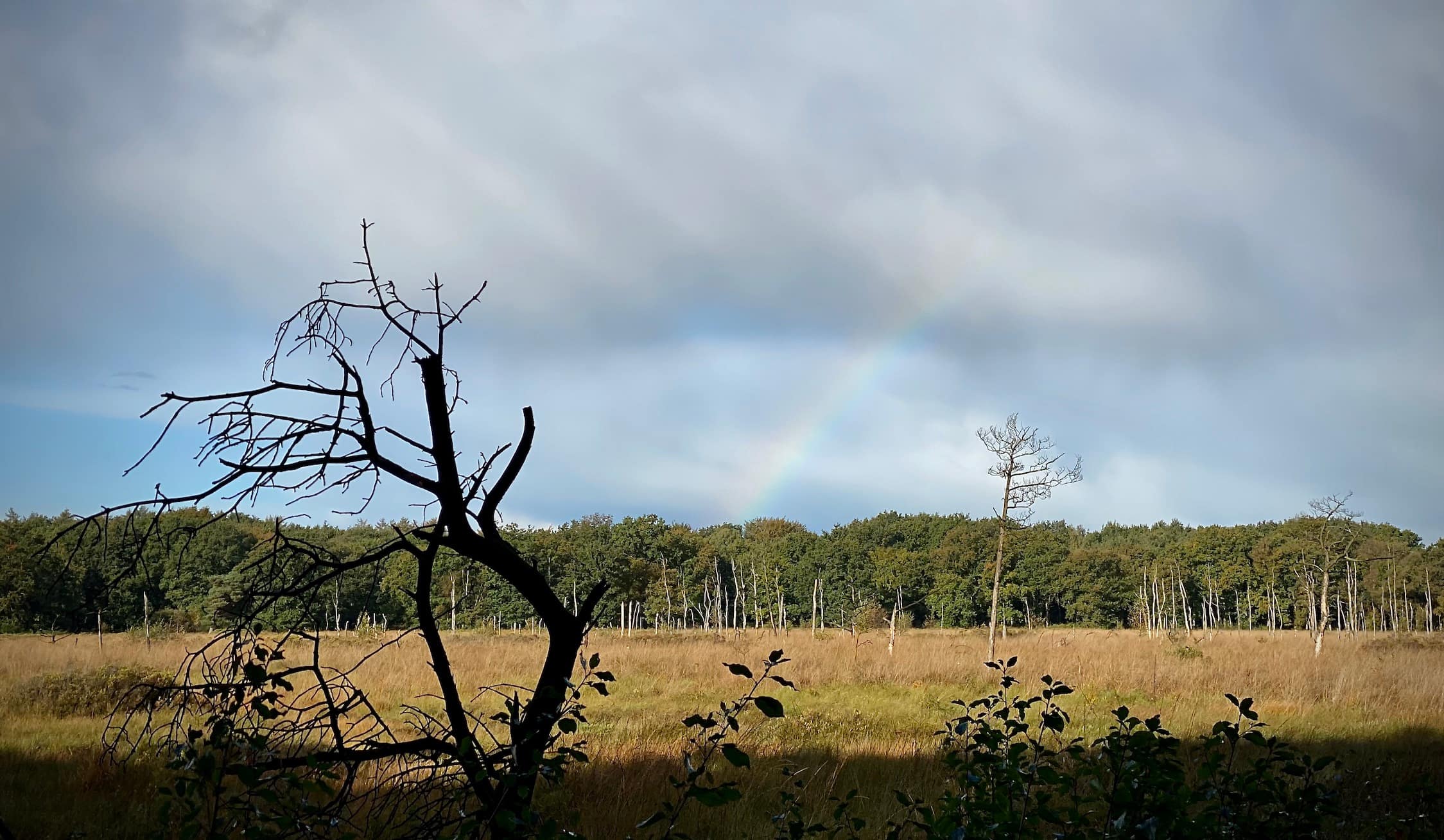What are we doing when we write? Surely we are creating something – or… are we? Eric Rietzschel is not so sure anymore. Reflecting on recent developments in AI and our teaching, he argues that the process is at least as important as the product.
Negotiations are everywhere, really. But negotiating successfully is not easy, especially if you have only little power over the process or its outcome. But does this mean you’re doomed to end up the loser? Perhaps not, as Giorgos Michelakis explores in this post.
Creativity researchers ask questions about creative ideas: where do they come from, how do we facilitate them, why do some people (dis)like them so much? However, one question seems to have been largely ignored: what are ideas, anyway?
Three master students write about the pitfalls and opportunities of creative group work. Traits that seem a bonus, may turn out to be a pitfall – and the other way around.
Some people love camping holidays, others hate them. Whatever your opinion, this blog probably won’t change your mind. Or…?
Inspiration can be difficult to find, and even more difficult to hold on to. But is it even what we think it is? Eric Rietzschel explores the meaning of inspiration and its relation with creativity.
Did you ever consider that innovation is a lot like romance? In this contribution, Iustina Armasu sheds some light on the journey of the creative idea – a guide to help you find “the one”!
Dr Burman decided to write several dozen haiku about the History of Psychology. For fun. As part of his Christmas vacation. Here, he also used the challenge of navigating the poetic constraints of its formalism to reflect on writing and creativity.
The 2019 Nobel Prize in Chemistry has been awarded to the inventors of the lithium-ion battery. This innovation has the potential to revolutionize our energy-hungry society and to help us break free from our carbon addiction. But will it? Isn’t our obsession with innovation the disease, rather than the cure?
Donald Trump’s ‘covfefe’ tweet has invited ridicule and raised some serious questions (such as ‘what was he thinking?’). However, the most important question has so far remained unasked: can his mistyped tweet be called ‘creative’?










